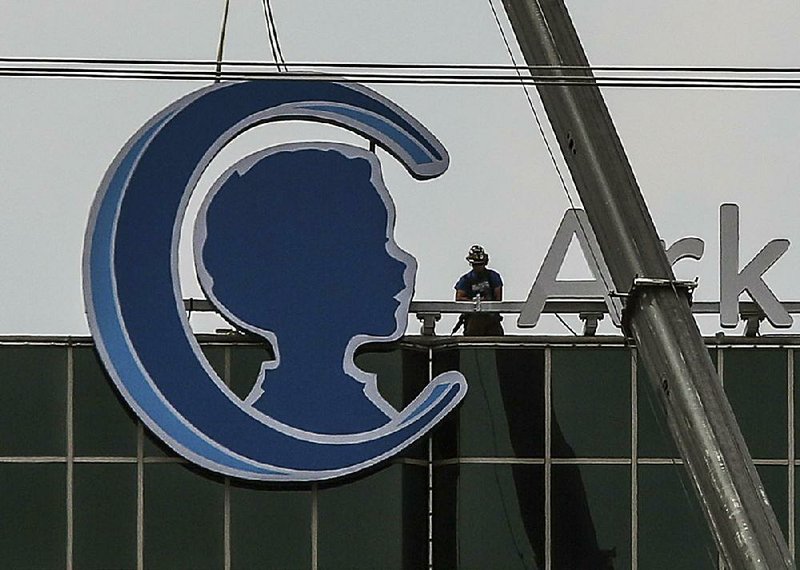As the economic fallout from the pandemic continues, some advocates for at-risk children say they've noticed ominous changes in recent child-abuse cases in Arkansas.
Their concern is that this year's upheaval will lead to effects seen in the 2008 recession, when strained resources, stressed parents, unemployment and unstable housing dovetailed with increases in child abuse and neglect.
While the number of abuse reports has held steady in recent months, instances of physical abuse seen by Arkansas Children's hospital pediatricians have tended to be more severe, said Dr. Karen Farst, a child-abuse pediatrician and associate professor of pediatrics at the University of Arkansas for Medical Sciences College of Medicine.
This spring and summer "we were still having cases of abuse occur -- but they were more likely to be the cases where the kid was injured enough that they basically had to be brought back for medical care," the doctor explained.
At the Children's Protection Center of Pulaski County, staff members also are seeing "more severe" cases than they saw in previous years, especially physical abuse of older children, said executive director Jennifer Long.
Arkansas Division of Children and Family Services investigators, however, have not seen an increase in calls regarding "severe maltreatment" or substantiated more cases this year, a Department of Human Services spokeswoman wrote in an email.
[CORONAVIRUS: Click here for our complete coverage » arkansasonline.com/coronavirus]
Long said it's not totally clear why the center has seen more serious cases. It could be because kids aren't getting out, so people don't detect the abuse; or stress from job loss, home-schooling, illness or other pandemic factors could play a part.
Year-over-year, the nonprofit center -- which facilitates child-abuse investigations through forensic interviewing, social services, medical exams and other supports -- saw 102 new cases in July, as compared with 50 in July last year.
Although it's hard to know, in general, what leads to physical abuse, sometimes "it's just stress that's building up on people and it's coming out because it's hard to kind of keep it contained," Farst said. She said classrooms reopening has led to "a surge" in disclosures of sexual abuse from children, as kids report such instances to teachers, coaches or their friends.
That's similar to what happens after children return from typical summer or winter vacations or other periods when they've been away from school for long stretches.
Advocates say they can't predict what the impact from the ongoing pandemic will be on child abuse in this state. For some families, the pandemic could strengthen relationships between adults and children as they spend more time at home, they said.
Other ties may deteriorate as households isolate for extended periods or tensions build in the home, especially for "families that already live on the edge," Farst said.
In an atypical school year, it also may take time for teachers -- often the closest adults to children outside of their families -- to build relationships with kids, especially those in virtual or blended classrooms. That makes it more difficult to notice signs of abuse, which can include declining academic performance, missing school, changing hygiene or trouble paying attention.
For many kids, "school is that safe place -- and I just think about the kids that don't have the safe place," Long says.
People who suspect child abuse in Arkansas are encouraged to report it to the Arkansas Child Abuse Hotline. Reports can be anonymous: (844) 728-3224.
